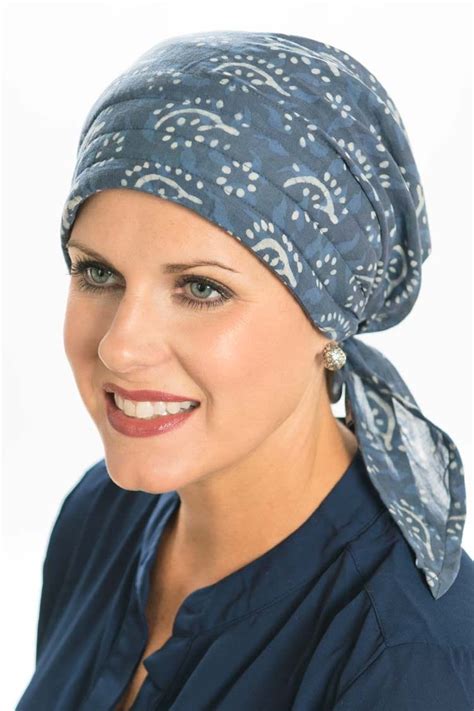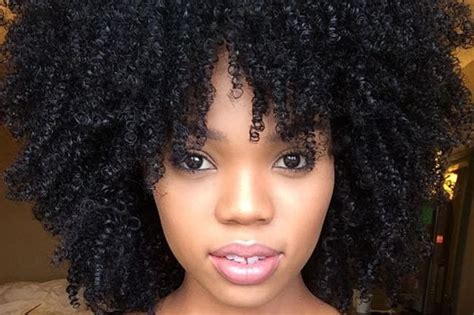Natural black hair, with its captivating hues, has long been a symbol of elegance, strength, and individuality. As society embraces diversity and inclusivity, the appreciation for natural hair has soared. In this in-depth exploration, we delve into the world of natural black hair color, showcasing its allure, unraveling its cultural significance, and empowering you with knowledge to enhance and celebrate your tresses.

The Allure of Natural Black Hair
The deep, ebony hue of natural black hair exudes an aura of mystery and sophistication. Its versatility allows for endless styling possibilities, from sleek buns to bouncy curls. Celebrated in art and literature throughout history, black hair has been immortalized in iconic works by artists and writers alike.
Cultural Significance of Natural Black Hair
Throughout history, natural black hair has held immense cultural significance for people of African descent. In many African cultures, hair is intricately braided and adorned with beads, holding deep spiritual and societal meanings. The Black Power movement of the 1960s and 1970s saw natural hair as a symbol of pride and resistance, challenging societal norms that favored Eurocentric beauty standards. Today, the natural hair movement continues to empower individuals to embrace their authentic selves.
Enhancing Your Natural Black Hair
To maintain the health and vibrancy of your natural black hair, follow these expert tips:
Moisturize Regularly
Black hair tends to be dry and prone to breakage. Combat this by applying a moisturizing conditioner or hair mask weekly. Look for products rich in natural oils, such as coconut or argan oil, which deeply penetrate the hair shaft, providing intense hydration.
Protect from Heat
Excessive heat can damage natural hair. Limit the use of heat styling tools and, when necessary, apply a heat protectant spray to minimize damage. Opt for silk pillowcases, which reduce friction and prevent tangles.
Avoid Chemicals
Harsh chemicals found in some hair products, such as relaxers and dyes, can weaken and damage natural black hair. Consider using gentle, sulfate-free shampoos and conditioners, and seek professional advice before undergoing chemical treatments.
Trim Regularly
Regular trims remove split ends, promoting hair growth and preventing breakage. Aim for trims every 6-8 weeks to maintain healthy, lustrous hair.
Strategies for Enhancing Natural Black Hair Color
Henna
Henna, a natural plant-based dye, has been used for centuries to enhance the color and condition of black hair. Henna imparts a rich mahogany or auburn hue, depending on the application time. It also strengthens hair and promotes scalp health.
Indigo
Indigo, another natural plant-based dye, is often used in combination with henna to create a deep, lustrous black color. Indigo is particularly effective in covering gray hairs.
Amla Oil
Amla oil, extracted from Indian gooseberries, is rich in antioxidants and vitamins. Regular application of amla oil nourishes the hair follicles, promoting thicker, shinier, and blacker hair.
Tables for Reference
Table 1: Natural Ingredients for Enhancing Black Hair Color
| Ingredient | Benefits |
|---|---|
| Henna | Adds reddish-brown hues, strengthens hair |
| Indigo | Creates deep black color, covers gray hairs |
| Amla Oil | Nourishes hair follicles, promotes growth |
| Coconut Oil | Moisturizes and softens hair |
| Argan Oil | Penetrates deeply, provides intense hydration |
Table 2: Effective Hair Care Strategies for Natural Black Hair
| Strategy | Benefits |
|---|---|
| Regular Moisturizing | Prevents dryness and breakage |
| Heat Protection | Minimizes damage from heat styling |
| Chemical Avoidance | Protects hair from harsh treatments |
| Regular Trims | Removes split ends, promotes growth |
| Scalp Care | Maintains a healthy scalp environment |
Table 3: Pros and Cons of Enhancing Black Hair Color
| Technique | Pros | Cons |
|---|---|---|
| Henna | Natural, conditions hair | Can be messy to apply, may fade over time |
| Indigo | Creates deep black color | Can be drying, may stain skin |
| Amla Oil | Nourishes hair follicles | May darken hair too much if used excessively |
Table 4: Questions to Ask Your Hair Stylist
| Question | Importance |
|---|---|
| Can you recommend products specifically tailored for natural black hair? | Ensures proper hair care |
| Are there any non-chemical methods to enhance my black hair color? | Explores natural alternatives |
| What are the risks associated with chemical hair treatments? | Informs decision-making |
| How often should I trim my hair to maintain its health? | Promotes timely hair maintenance |
| What hairstyles are best suited for my hair type and texture? | Maximizes styling options |
